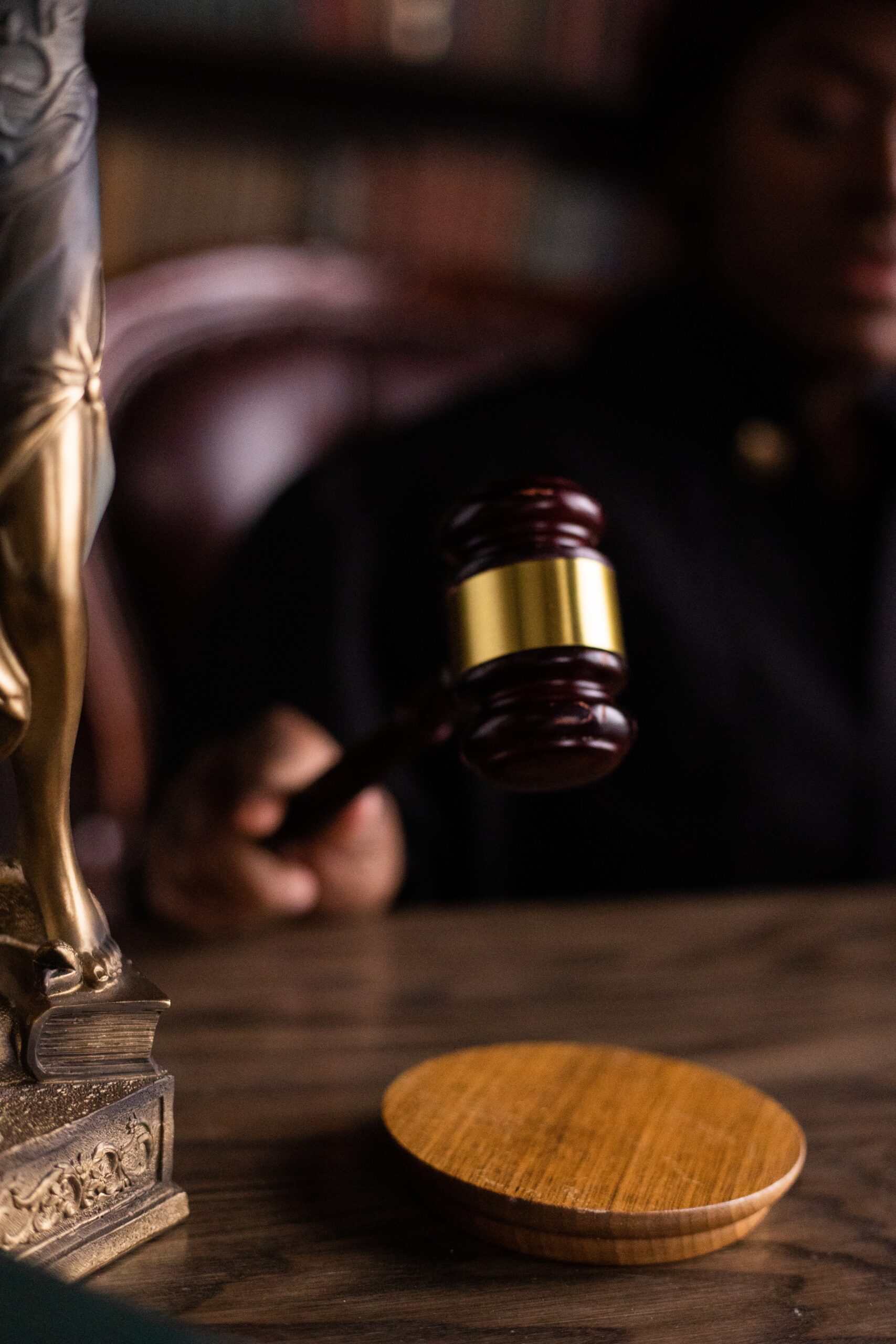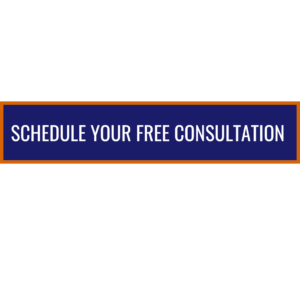
The Legal Process of Filing a Personal Injury Lawsuit in California
Filing a personal injury lawsuit in California can be a complex and multi-stage process. If you’ve suffered injuries due to someone else’s negligence and are considering legal action, it’s essential to understand the steps involved. In this blog post, we’ll outline the legal process of filing a personal injury lawsuit in California, from the initial incident to a potential trial.
- Seek Medical Attention: Your health should be your top priority. Seek immediate medical attention for your injuries. Not only is this crucial for your well-being, but it also creates a medical record of your injuries, which can be important in your lawsuit.
- Document the Incident: If possible, gather evidence at the scene. Take photographs, collect contact information from witnesses, and obtain a copy of any incident or police reports. This documentation can be valuable in building your case.
- Consult with an Attorney: Before proceeding, consult with a personal injury attorney experienced in California law. Many offer free initial consultations. They can evaluate your case’s merits, advise you on the strength of your claim, and guide you through the legal process.
- Filing a Complaint: If you decide to proceed with a lawsuit, your attorney will draft a complaint, outlining the details of your case, including the defendant’s negligence, your injuries, and the compensation you are seeking. This document is filed with the court and served to the defendant.
- Defendant’s Response: After receiving the complaint, the defendant typically has 30 days to respond by filing an answer, admitting or denying the allegations. They may also assert affirmative defenses.
- Discovery Phase: Discovery is a crucial part of the legal process. Both parties exchange information, including documents, witness statements, and expert reports. Depositions, where witnesses are questioned under oath, are common during this phase.
- Mediation or Settlement Negotiations: Prior to trial, parties often engage in mediation or settlement negotiations. A neutral mediator helps facilitate discussions to reach a mutually acceptable resolution. Many personal injury cases are settled at this stage to avoid the time and expense of a trial.
- Pre-Trial Motions: Parties may file pre-trial motions, such as motions to dismiss or motions for summary judgment, to resolve legal issues or disputes before proceeding to trial.
- Trial Preparation: If a settlement isn’t reached, both sides prepare for trial. This involves selecting a jury, gathering evidence, and finalizing trial strategy.
- Trial: Personal injury trials can vary in length and complexity. Both sides present their cases, including evidence, witness testimony, and legal arguments. The jury or judge then determines liability and assesses damages.
- Post-Trial Motions and Appeals: After a verdict, post-trial motions may be filed to challenge the outcome. If dissatisfied with the verdict, either party can appeal the decision to a higher court.
- Collecting Damages: If you win your case, you must collect the awarded damages. Your attorney can help facilitate this process, which may involve negotiation with the defendant’s insurance company or other parties.
It’s essential to note that personal injury cases can take time to resolve, and not all cases proceed to trial. Many are settled through negotiations or alternative dispute resolution methods like mediation.
Filing a personal injury lawsuit in California involves a series of steps, from seeking medical attention to collecting damages. Each case is unique, and the process can vary depending on the specific circumstances and the parties involved. Working with an experienced personal injury attorney is crucial to navigate this complex process, protect your rights, and seek fair compensation for your injuries and losses. If you believe you have a valid personal injury claim, consult with an attorney to discuss your case and explore your legal options.
A personal injury lawyer can help you understand your legal options and negotiate a fair settlement on your behalf. Click here to schedule a free consultation with one of our skilled California lawyers to learn more about your options. Or call our offices at 707 549 8166.

